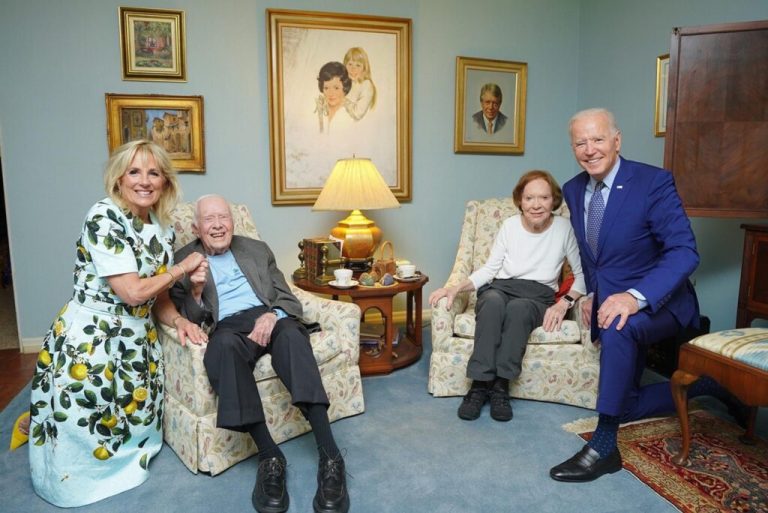
(the AWB) begs for his life shortly before being executed by a Bophuthatswana policeman after an abortive attempt to prop up the tyrannical regime of the homeland of Bophuthatswana, March, 1994.Ĭarter is the tragic example of the toll photographing such suffering can take on a person. Regardless, Carter often expressed regret that he had not done anything to help the girl, even though there was not much that he could have done, in all actuality. Carter estimated that there were twenty people per hour dying at the food center. However, Carter was working in a time when photojournalists were told not to touch famine victims for fear of spreading disease. And the rest of the world is the vulture." In the starving child, he saw Africa's suffering in the preying vulture, he saw his own face." Carter's daughter Megan responded to such comparisons with, "I see my dad as the suffering child. Petersburg Times in Florida said this of Carter: "The man adjusting his lens to take just the right frame of her suffering, might just as well be a predator, another vulture on the scene." Filmmaker Dan Krauss said, "In his famous picture of the vulture stalking the Sudanese girl, I began to see the embodiment of his troubled psyche. Because of this, Carter was bombarded with questions about why he did not help the girl, and only used her to take a photograph. The Times issued a statement saying that the girl was able to make it to the food station, but beyond that no one knows what happened to her. People wanted to know what happened the child, and if Carter had assisted her. The photo was published in The New York Times in March of 1993, and sparked a wide reaction. Carter took twenty minutes to take the photo, wanting the best shot possible, before chasing the bird away. When she stopped to rest, a vulture landed nearby with his eyes on the little girl.

While in Sudan, near the village of Ayod, Carter found a small, emaciated toddler struggling to make her way to the food station. But Carter received heaps of criticism for his actions. Without the facts surrounding his death, this behavior may seem surprising. That same year, Kevin Carter committed suicide. In 1994, South African photojournalist Kevin Carter won the Pulitzer prize for his disturbing photograph of a Sudanese child being stalked by a vulture (left).


 0 kommentar(er)
0 kommentar(er)
